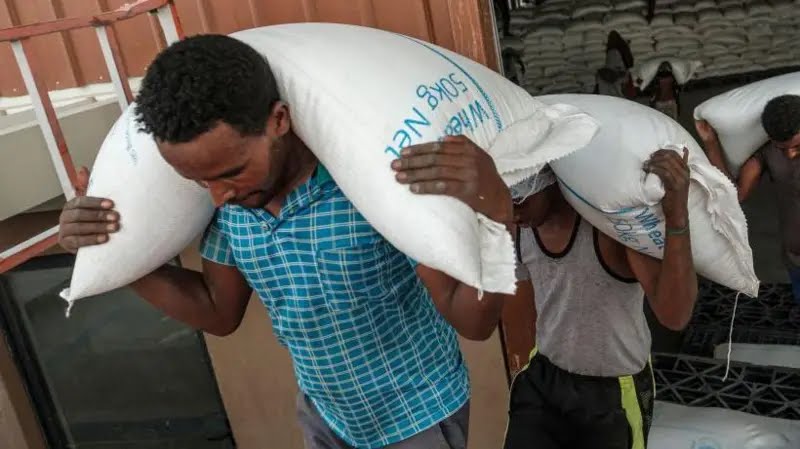By John Thiongo
NAIROBI, Kenya – In a stark warning underscoring Ethiopia’s deepening humanitarian crisis, the head of the United Nations World Food Programme in the country said Tuesday that millions of people are “one shock away from falling into a catastrophe,” as critical aid operations face severe funding shortages.
Zlatan Milišić, the WFP’s Ethiopia country director, announced that the agency will be forced to suspend nutritional support for more than 650,000 malnourished women and children beginning next month due to a lack of funds.
Overall, some 3.6 million people across the country are at risk of losing access to food aid in the coming weeks unless additional financing is secured.
“We are being forced to halt treatment for some of the most vulnerable groups,” Mr. Milišić said, warning that the WFP would be unable to provide any food assistance to families it currently supports within the next three months without an urgent injection of resources.
Ethiopia, a country of more than 130 million people, continues to grapple with the fallout from a brutal two-year civil war in its northern Tigray region, which formally ended in 2022.
But peace remains fragile. Escalating violence in the Amhara and Oromia regions—the country’s two most populous—has displaced hundreds of thousands, while an ongoing drought in the southeast is compounding the crisis.
Meanwhile, instability in neighboring countries has triggered a fresh wave of refugees into Ethiopia, further straining already limited resources.
In a statement, the WFP said hunger and malnutrition are rising rapidly, and that it faces a funding gap of $222 million for its operations in Ethiopia between April and September.
“Despite the generosity of many governments and individual donors, the needs continue to outpace available resources,” the agency said.
A spokesperson for the United Nations said the WFP’s operations in Ethiopia have not been affected by recent U.S. foreign aid reductions under the Trump administration but confirmed that overall donor support has been insufficient.
Aid groups have warned that failure to address the shortfall could push Ethiopia’s fragile recovery off a cliff, leaving millions without access to essential nutrition and food supplies as multiple crises converge.



